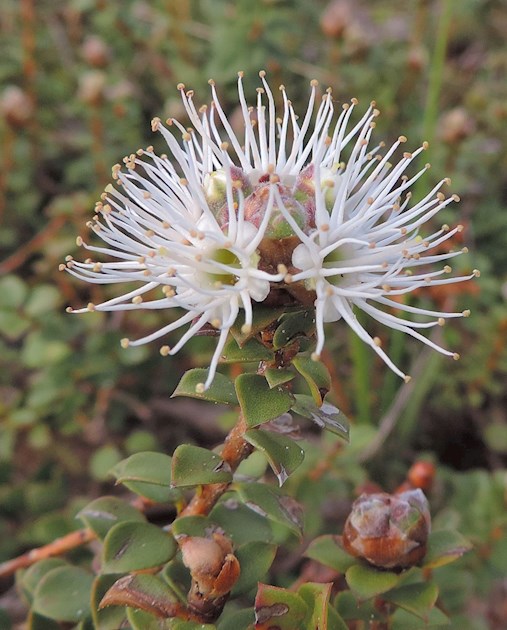Using data from 2004 to 2013, the authors of a 2016 study published in the New England Journal of Medicine estimated that 23,005 emergency-room visits a year were linked to supplements. Between 2000 and 2012, the annual rate of negative reactions to supplements — or "exposures" as they are known in scientific parlance — rose from 3.5 to 9.3 cases per 100,000 people, a 166% increase.
Over that period, 34 people died as a result of using supplements, according to a 2017 study published in the Journal of Medical Toxicology. Six of the deaths resulted from ephedra, the once popular weight-loss supplement banned by the FDA in 2004, and three people died from homeopathic remedies. One person died after using yohimbe, an herbal supplement used for weight loss and erectile dysfunction.
More at: businessinsider.com.au/supp...
From the table "Supplements you should and shouldn't take", it is interesting to note that this general information article recommends vitamin D.
With regard to what you shouldn't take, this Mayo Clinic article mayoclinic.org/drugs-supple... explains the risks of taking fish oil, Omega-3 fatty acids and alpha-linolenic acid, particularly if you are taking anticoagulants (blood thinners), though I'd add that in general we also need to be careful about taking these supplements if our platelet count is low.
We know pharmaceutical grade tea extract can reduce lymph node size and lymphocyte count in some with CLL, but high doses can impact liver health (AST and ALT can dramatically increase as I have personally observed) and nausea was a commonly reported side effect in the Mayo Clinic trials.
The recommendation to avoid weight loss formulations based on Chinese traditional medicine is sadly soundly based, not only because of the dangers associated with Ephedra (banned from sale in the United States in April 2004) : livertox.nih.gov/Ephedra.htm , but also because of another family of carcinogenic, mutagenic, and nephrotoxic phytochemicals used in Chinese medicine from plants that produce aristolochic acid, which was found to be the cause of kidney failure in over 300 Belgian women attending slimming clinics in the 1990's and taking slimming pills containing a Chinese herb, Aristolochia fangchi. A third of these women have undergone renal transplantation and there is no proven effective therapy for this disorder.
This resulted in aristolochic acid containing herbs being banned in the Australia, Canada, European countries and the USA, but due to the poor regulation of the supplement industry worldwide, in which substitution appears to be a common practice, you sadly can't be sure of what you are purchasing: healthunlocked.com/cllsuppo...
ncbi.nlm.nih.gov/books/NBK3...
Aristolochia species refers to several members of the genus (family Aristolochiaceae) (WHO, 1997) that are often found in traditional Chinese medicines.
:
In traditional Chinese medicine, Aristolochia species are also considered to be interchangeable with other commonly used herbal ingredients and substitution of one plant species for another is established practice. Herbal ingredients are traded using their common Chinese Pin Yin name and this can lead to confusion. For example, the name ‘Fang Ji’ can be used to describe the roots of Aristolochia fangchi, Stephania tetrandra or Cocculus species.
and
Aristolochia clematitis
Birthwort (A. clematitis) has been used to stimulate the immune system and in the treatment of allergically caused gastrointestinal and gall-bladder colic. The plant is used in a wide variety of ways in the folk medicine of nearly all European countries.
And from Aristolochic acid nephropathy: A worldwide problem. Kidney International, 74, 158-169: researchgate.net/publicatio...
The uncontrolled use and the uncorrected identification of medicinal herbs, which are usually considered by the general population as inherently harmless, were at the heart of all AAN (Aristolochic acid nephropathy) cases encountered in the Western countries.
(My emphasis)
I know this isn't going to stop members from taking supplements, but at least inform your CLL specialist and regular doctor and perhaps your pharmacist, so they make you aware of potential drug interactions and keep an eye on your liver and kidney health.
Neil
